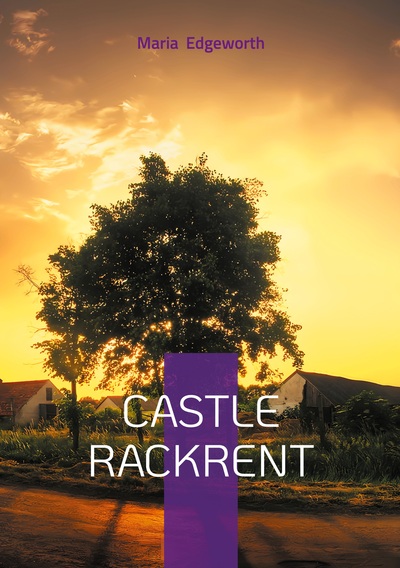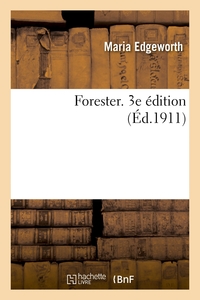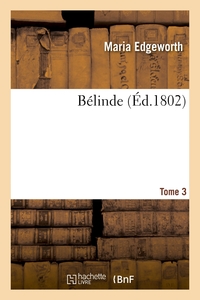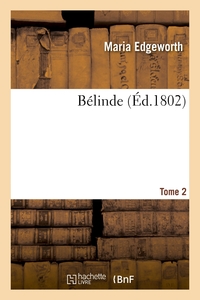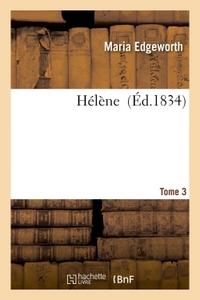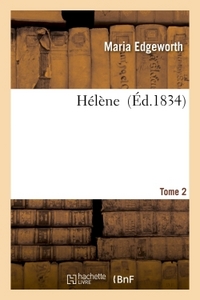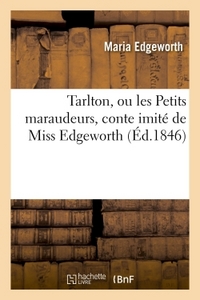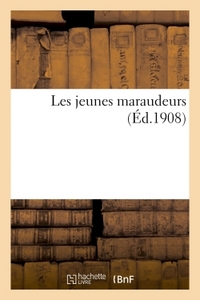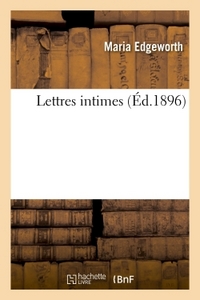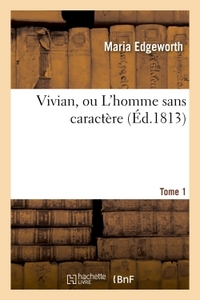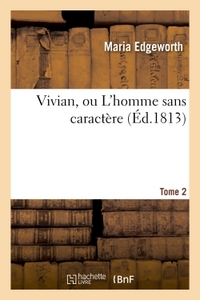Nous utilisons des cookies pour améliorer votre expérience. Pour nous conformer à la nouvelle directive sur la vie privée, nous devons demander votre consentement à l’utilisation de ces cookies. En savoir plus.
Castle Rackrent
Books On Demand - EAN : 9782322578344
Édition papier
EAN : 9782322578344
Paru le : 11 juin 2025
14,90 €
14,12 €
Disponible
Pour connaître votre prix et commander, identifiez-vous
Notre engagement qualité
-
 Livraison gratuite
Livraison gratuite
en France sans minimum
de commande -
 Manquants maintenus
Manquants maintenus
en commande
automatiquement -
 Un interlocuteur
Un interlocuteur
unique pour toutes
vos commandes -
 Toutes les licences
Toutes les licences
numériques du marché
au tarif éditeur -
 Assistance téléphonique
Assistance téléphonique
personalisée sur le
numérique -
 Service client
Service client
Du Lundi au vendredi
de 9h à 18h
- EAN13 : 9782322578344
- Réf. éditeur : 405294
- Editeur : Books On Demand
- Date Parution : 11 juin 2025
- Disponibilite : Disponible
- Barème de remise : NS
- Nombre de pages : 124
- Format : H:210 mm L:148 mm E:9 mm
- Poids : 190gr
- Résumé : Castle Rackrent, written by Maria Edgeworth and first published in 1800, stands as a groundbreaking work in Irish literature and the historical novel genre. The story is narrated by Thady Quirk, an elderly steward who has served the Rackrent family for generations. Through Thadys eyes, readers witness the rise and fall of the Anglo Irish Rackrent estate, a microcosm of the broader social and economic changes sweeping Ireland at the turn of the 19th century. Thadys account is both affectionate and critical, revealing the eccentricities, follies, and vices of the Rackrents. Each successive landlord Sir Patrick, Sir Kit, Sir Condy embodies a different facet of aristocratic decline, from reckless gambling and absenteeism to financial ruin and social upheaval. Thadys loyalty to the family is unwavering, yet his narration subtly exposes the injustices and absurdities of landlordism and the impact of English rule on Irish society. The novel is celebrated for its innovative use of an unreliable narrator, its rich portrayal of Irish life, and its sharp social satire. Edgeworths prose captures the rhythms of Irish speech and the complexities of class and identity, making Castle Rackrent a vivid and engaging read. The story is not only a family saga but also a pointed critique of the Anglo Irish gentry and the system that perpetuates their power. Readers who enjoy classic literature will appreciate the novels wit and historical insight. Those drawn to historical fiction will find the depiction of 19th century Ireland both informative and entertaining. The book also appeals to fans of social satire, as it uses humor and irony to expose the flaws of both individuals and institutions.
- Biographie : Maria Edgeworth, born in 1768 in England and raised in Ireland, was a prolific and influential writer whose works helped shape the development of the novel in English. Educated at home by her father, Richard Lovell Edgeworth, she was exposed to Enlightenment ideas and the practical realities of estate management, which deeply influenced her writing. Edgeworth is best known for her innovative use of regional settings and dialects, as well as her keen interest in social reform. Her novel Castle Rackrent, published anonymously in 1800, is widely regarded as the first historical novel and the first regional novel in English. It established her reputation as a pioneer of realism and a sharp observer of Irish society. Throughout her career, Edgeworth wrote novels, childrens stories, and educational works, often addressing themes of morality, education, and the responsibilities of the gentry. Her writing is characterized by its humor, psychological insight, and commitment to social justice. Edgeworths influence extended to later writers such as Sir Walter Scott, who credited her with inspiring his own historical novels. Edgeworth spent much of her life managing her familys estate in Ireland, where she gained firsthand knowledge of the challenges facing rural communities. Her experiences informed her fiction, which remains notable for its authenticity and compassion. Maria Edgeworths legacy endures as a foundational figure in Irish literature and a trailblazer for women writers in the 19th century.

